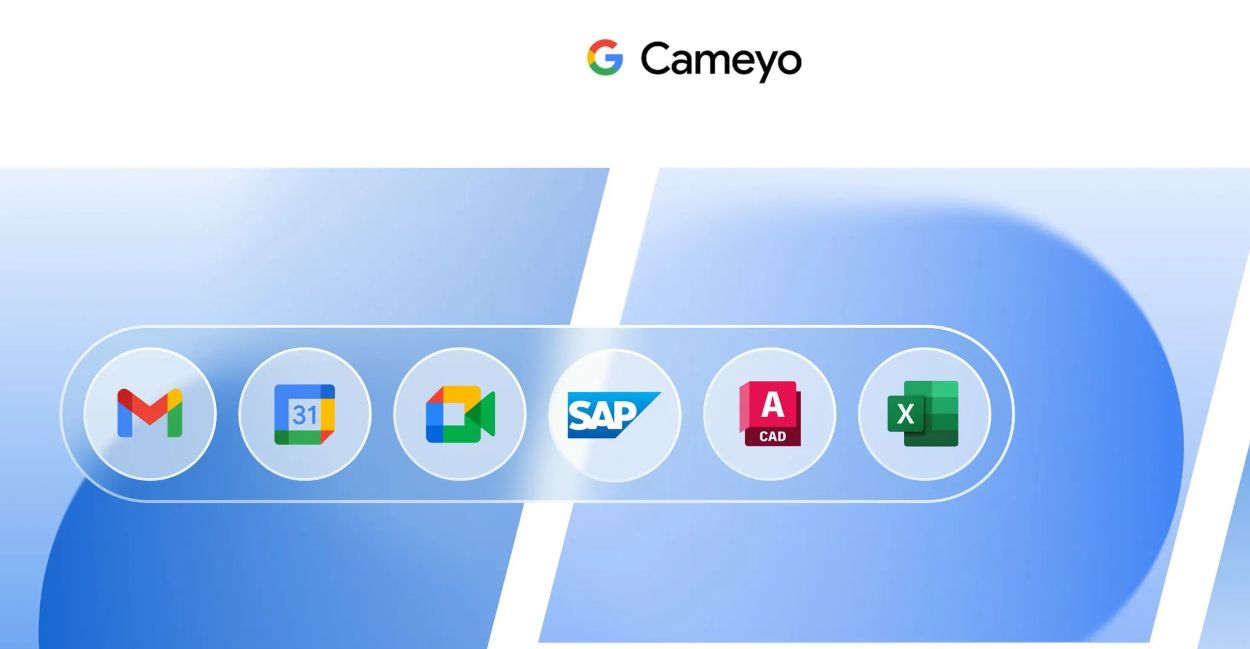Google has officially relaunched Cameyo as an enterprise solution for delivering virtual applications. The newly branded “Cameyo by Google” enables businesses to operate legacy Windows and Linux applications as progressive web apps or directly within the Chrome browser.
This strategic relaunch follows Google’s acquisition of the company over a year ago. The technology aims to help organisations transition from Microsoft’s operating system environment to ChromeOS while maintaining access to essential legacy applications.
Google Cloud’s announcement highlighted significant findings from a commissioned Forrester study. The research revealed that while 90% of IT leaders prefer web-based applications for their computing strategy, half of their internal applications still depend on legacy client-based systems.
Cameyo addresses this disparity by converting operating system-dependent applications into web-compatible formats. This solution eliminates the traditional requirement for a virtual desktop infrastructure to stream necessary business applications.
The platform supports a diverse range of legacy applications across multiple categories. These include specialised enterprise resource planning tools, Windows-based design programs like AutoCAD, and even desktop versions of Microsoft Excel.
Google just launched Cameyo by Google – a new Virtual App Delivery (VAD) solution that finally solves the "app gap" for ChromeOS in enterprise settings. https://t.co/J5S8kjrJL6
— Chrome Unboxed (@chromeunboxed) November 12, 2025This compatibility addresses two significant enterprise challenges. End users experience an improved workflow without needing to switch between virtual desktop environments, while IT departments benefit from reduced system complexity and management overhead.
Google’s underlying strategy focuses on reducing enterprise dependence on Microsoft’s ecosystem. By enabling seamless operation of Windows applications within Chrome browser environments, the company encourages migration toward its own product ecosystem.
This transition naturally supports Google’s broader goals for Chromebook adoption. As businesses increasingly rely on web applications, ChromeOS-powered devices become more viable for enterprise deployment due to inherent compatibility.
Read: Google Drive Adds AI Audio Overviews to Convert PDFs into Podcast-Style Summaries
Google’s announcement subtly emphasised security advantages over Windows environments. The blog post referenced “years of security incidents, outages, and forced upgrades” associated with Microsoft’s platform while positioning ChromeOS as a more secure alternative.
Cameyo enables organisations to convert existing PCs to ChromeOS using ChromeOS Flex while maintaining complete access to essential Windows applications. This approach potentially accelerates enterprise migration to Google’s operating system without disrupting critical business operations






